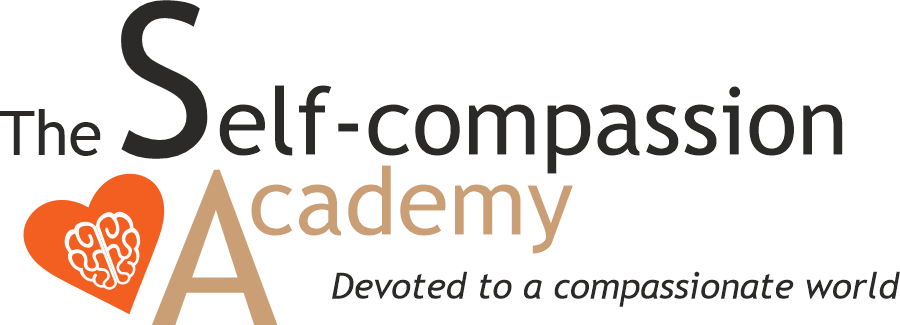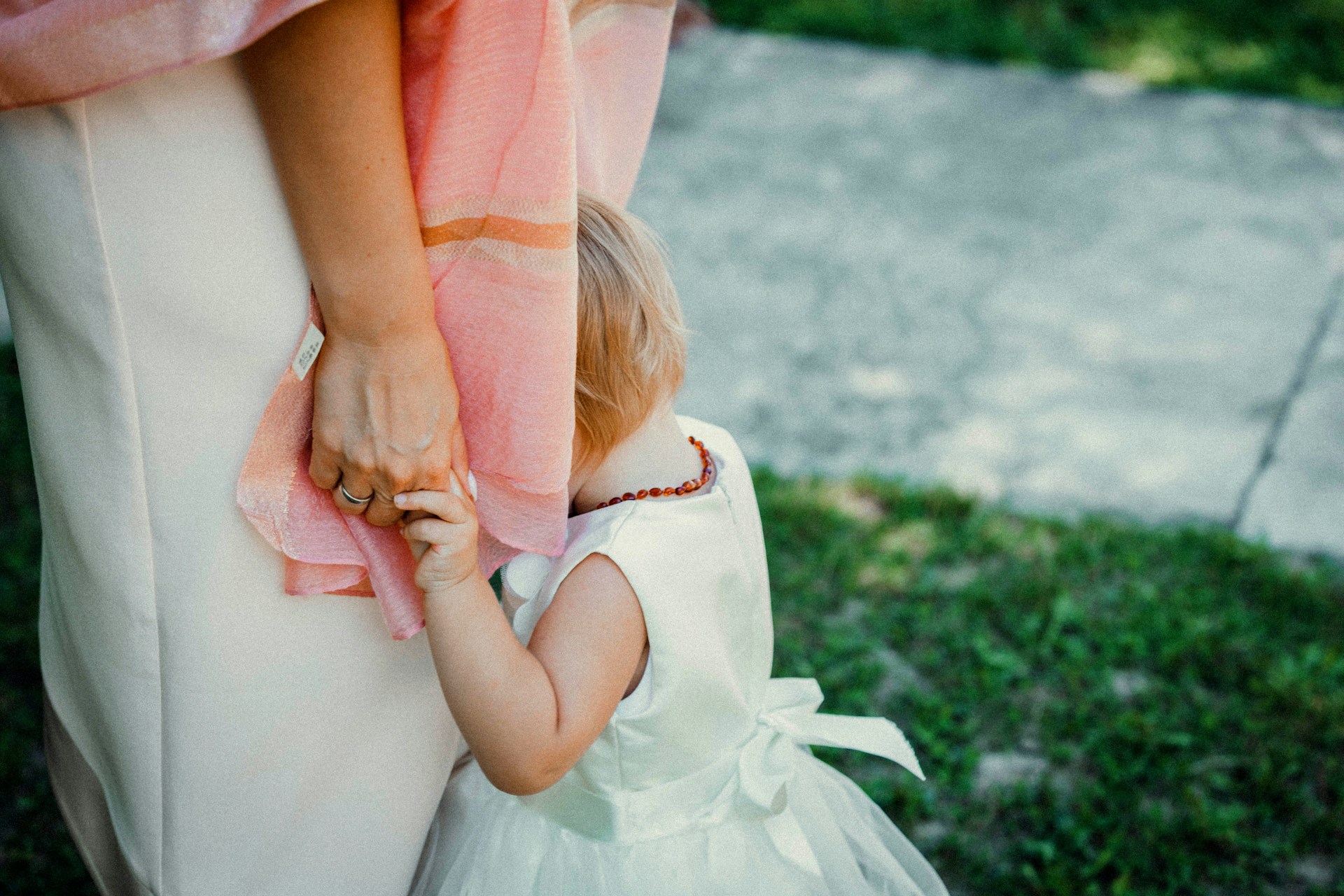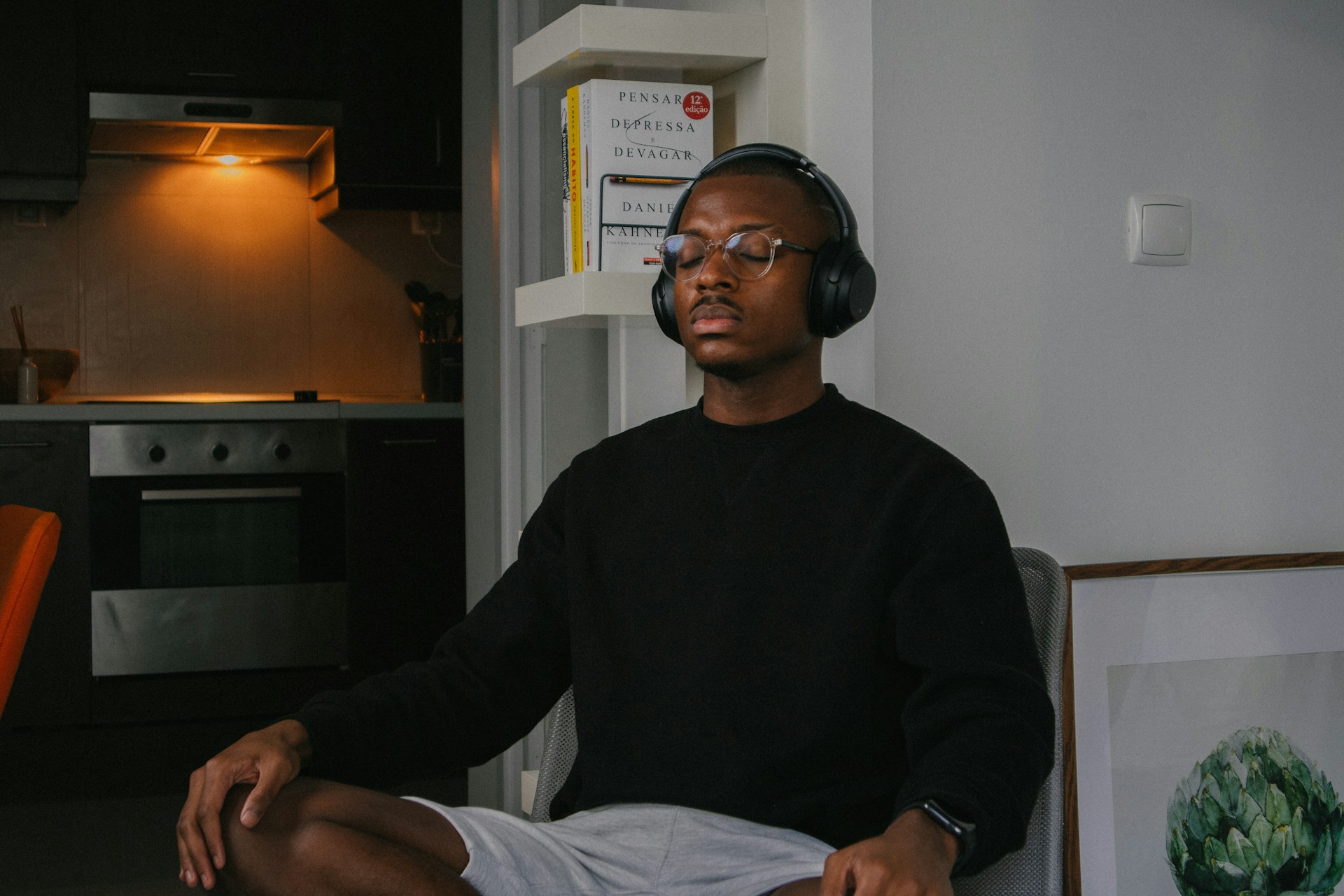One of the core principles of mindfulness is kindness. This kindness has many aspects, but what does it actually mean? How do you cultivate it? And how can mindfulness help you be less harsh on yourself?
Kindness means being gentle, or in other words, being less strict with yourself. Approaching life with more softness than you’re used to. Mindfulness teaches you to look at yourself and others with compassion, letting go of judgments as much as possible. Many of the judgments we make about ourselves and the world around us are not particularly kind.
Being less hard on yourself is challenging
Every judgment we make takes up mental space, often at the expense of kindness. This has a direct impact on how we experience life, yet we rarely notice it.
Mindfulness encourages a non-judgmental attitude, creating more space in your mind. And that space can then be filled with kind awareness, awareness of what is, rather than (as we often do) judging what is.
But: deciding not to judge is easier said than done. Judgments often arise automatically. Sometimes you don’t even notice them because they feel like an inherent part of you—part of your personality. You don’t see them for what they really are: just thoughts.
You might also find this interesting: Why Are We So Bad at Self-Care and Self-Compassion?
Be more gentle toward yourself
In mindfulness practice, you learn to be aware of the judgments you have. You train yourself to notice these thoughts with kind attention, seeing them simply as thoughts that exist in that moment.
By approaching our judgments with kindness, we can make wiser, more compassionate decisions about which thoughts to follow. And we can allow the unhelpful ones to pass without holding onto them.
How can you be kinder to yourself?
We’re often so focused on wanting to be different that we reject our own experiences, thoughts, and feelings. We want to be better, ideally, the best. We want to avoid mistakes, discomfort, or feelings of anger. We are incredibly hard on ourselves.
Are you allowed to be just as you are?
Of course, it’s fine to strive to become a better person. But mindfulness invites you to first learn to be kind to yourself as you are, flaws and all. To accept all your thoughts, feelings, and physical sensations with compassion. This is what we call self-compassion.
Try to observe all aspects of your experience and yourself with gentle attention. Then, allow yourself to be exactly as you are. When you do, you’ll be able to make wiser and kinder choices about which thoughts and beliefs to follow.
Mindfulness and gentle awareness help you recognize your self-critical thoughts, giving you the power to choose how to respond to them.
Kindness toward yourself and the present moment
We often feel like we should always be happy and that life should go our way. When it doesn’t, we instinctively look for someone or something to blame, whether it’s the world, others, or ourselves. We try to ‘fix’ the problem, often by overthinking.
To some extent, this problem-solving mindset is useful. But it becomes much more effective when paired with kindness, kindness for the way things are, for how life is, and for yourself in this moment.
This gentle approach will take you much further than judgment and self-criticism ever could. Research shows that when you treat yourself with more kindness, you become more resilient and emotionally stronger. That doesn’t mean you have to be happy all the time or that life has to be perfect. It simply means meeting yourself and the world with kindness.
Try this: 5 Mindful Exercises for More Self-Compassion
Image: Hassan Ouajbir via Pexels






